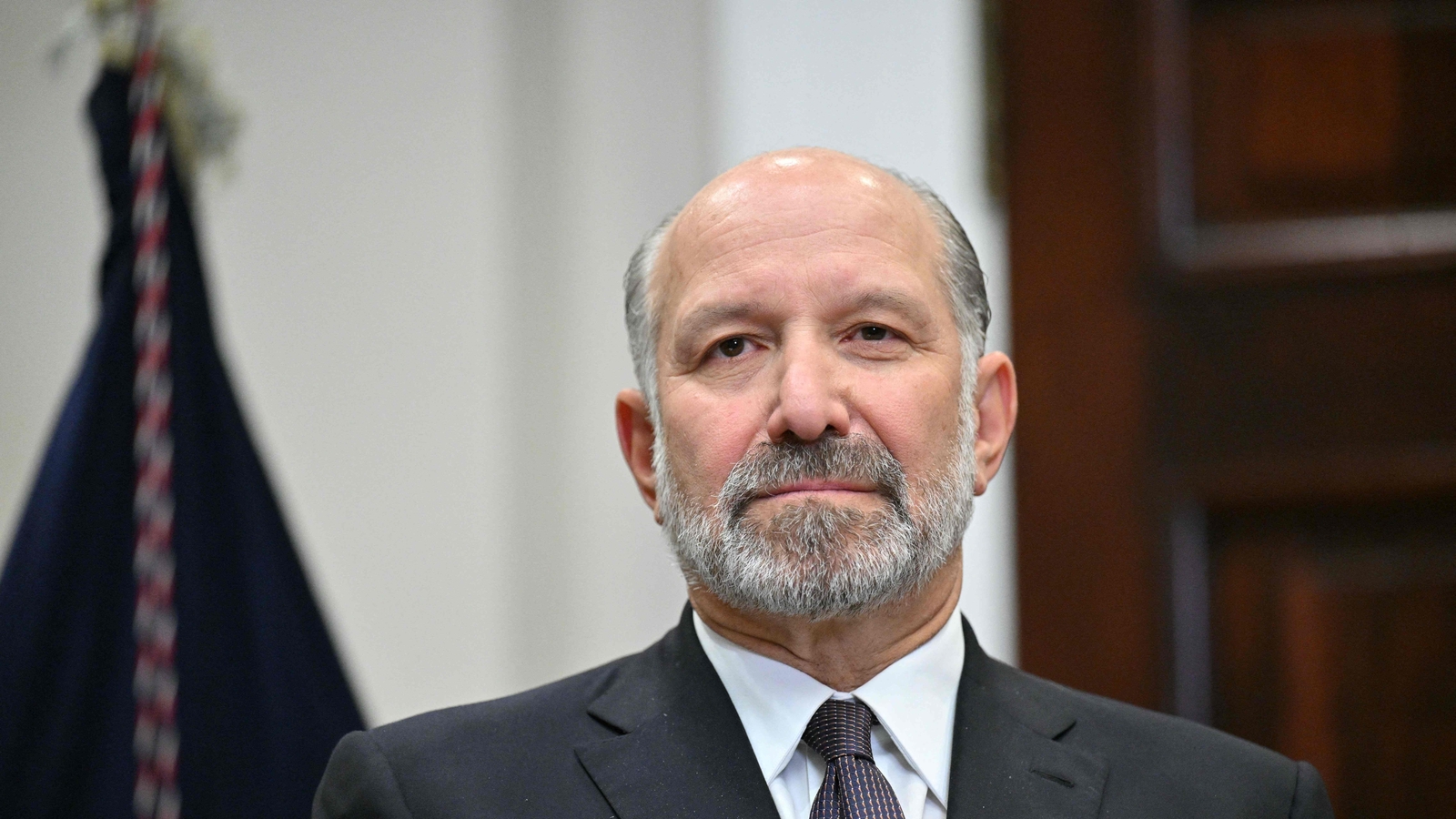
Trade deal with India may take time: US Commerce Secretary Howard Lutnick
WASHINGTON D.C. : A trade deal with India may take time as a long list of tariff lines need to be negotiated, the US Commerce Secretary Howard Lutnick told Bloomberg Podcasts on Saturday.
“India has been leaning in really hard, I would love doing a deal, that is certainly a possibility. But there are 7000 tariff lines. It just takes time. It takes work,” Lutnick said.
An Indian delegation led by chief negotiator Rajesh Agrawal is scheduled to visit the US later this month.
Lutnick said the just concluded US-UK trade deal will act as a blueprint for the upcoming trade deals. “People understand if you want your reciprocal tariff low, you have to attack the trade deficit, open your market and if you want to be really smart and thoughtful, then let’s talk about sectoral tariffs. So open your market big, we may come up with the smartest answer like we did with the UK,” he added.
He gave the example of the UK wanting to sell Rolls Royce engines to Boeing and in return agree to buy $10 billion Boeing planes from the US as part of the deal.
Lutnick said the US would like to do one trade deal in Asia to show the template for the rest of the countries in the region.
Through the US-UK trade deal, Washington signalled that the 10 per cent baseline tariffs will remain for all countries even after the bilateral trade arrangement.
Ajay Srivastava, founder, Global Trade Research Initiative said: If the UK–US deal sets the template, India can expect growing US pressure to finalise a “mini-deal”— focused on tariff cuts and key strategic commitments– rather than a full-fledged free trade agreement (FTA) that may come much later. “India may be asked to reduce tariffs on a basket of sensitive agricultural products including soybeans, ethanol, apples, almonds, walnuts, raisins, avocados, spirits, genetically modified organism products and meat and poultry,” he said. Srivastava added that tariff concessions on automobiles are also expected, especially as India has agreed to reduce duties on select UK vehicles from 100 per cent to 10 per cent under its recent agreement with the UK. “India must insist on a balanced, fair, and sovereign approach to negotiations — one that strengthens its economy without compromising its farmers, its digital future, or its regulatory space. If that balance cannot be achieved, India is better off walking away from the deal.”

